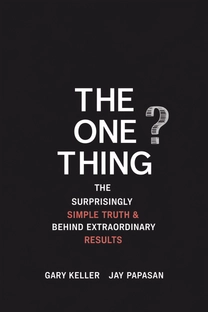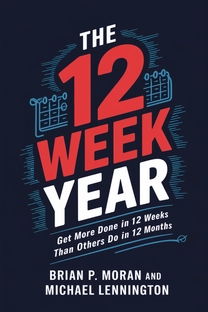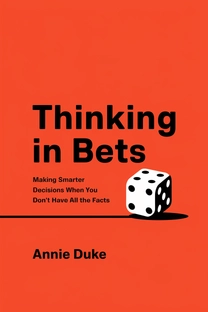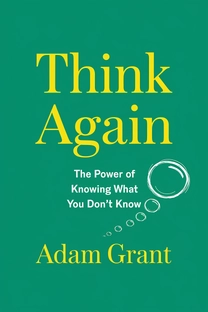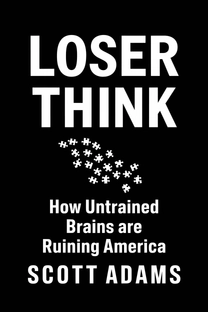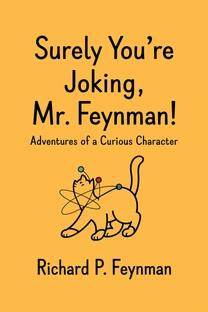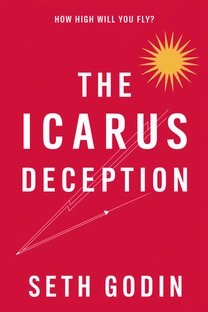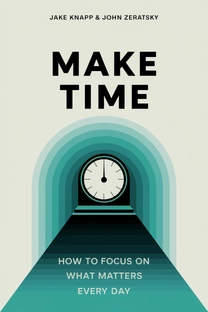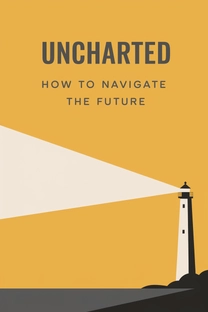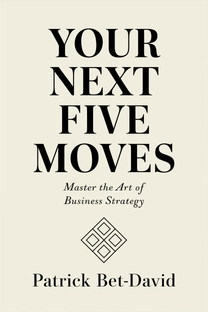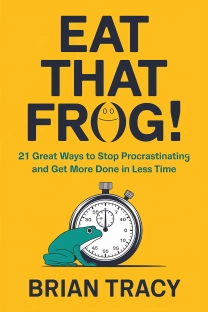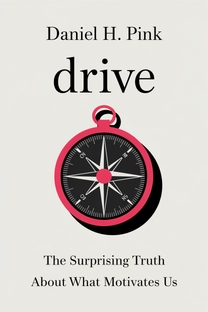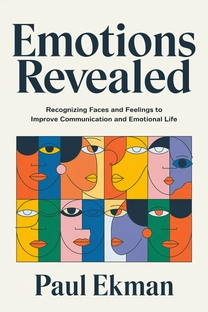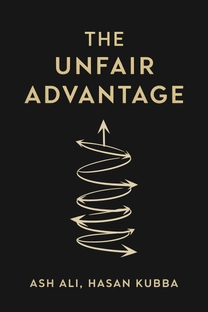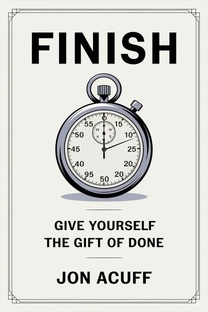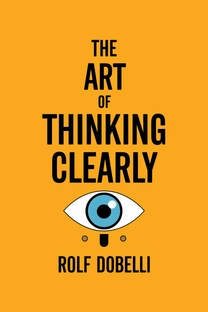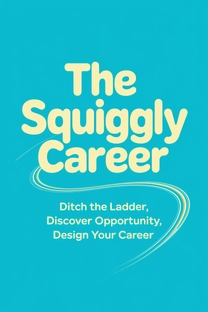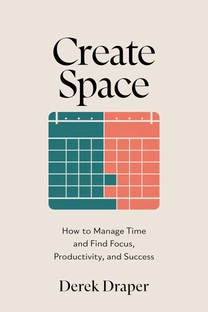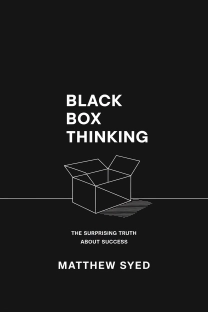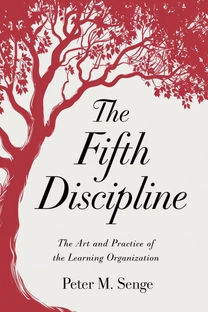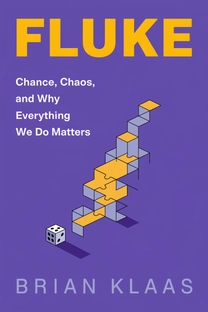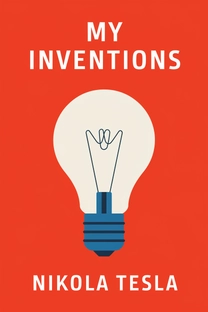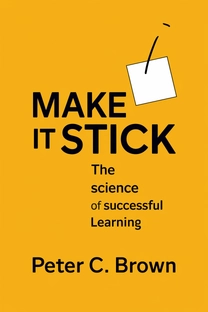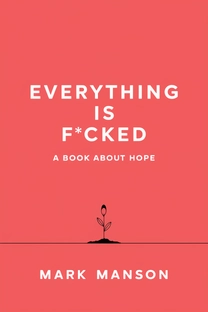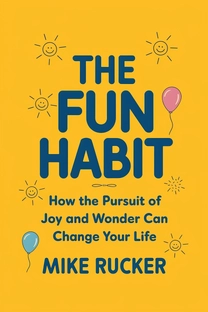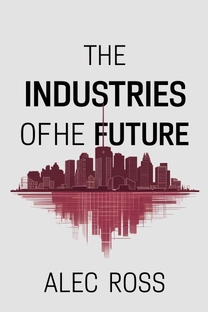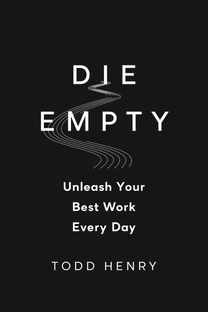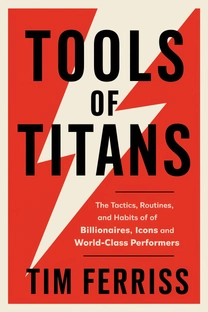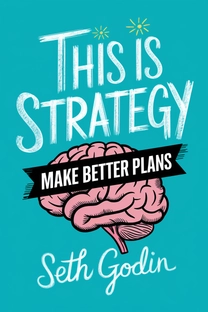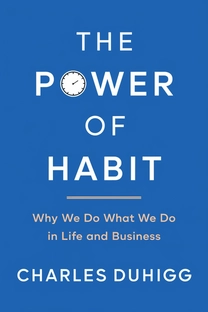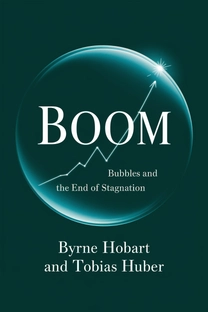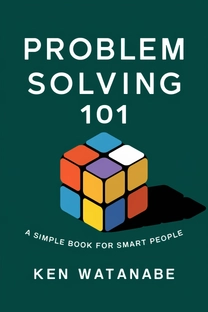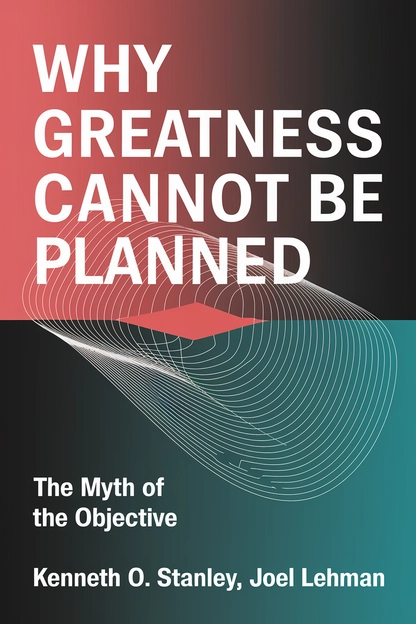
Why Greatness Cannot Be Planned
The Myth of the Objective
by Kenneth O. Stanley, Joel Lehman
Brief overview
This book reveals how a strict focus on targets can mislead our efforts and stifle creativity. It shows why impactful ideas often spring from unexpected places and how open-ended exploration can spark genuine breakthroughs. Readers will discover fresh ways to approach ambition and problem-solving by letting go of rigid goals.
Introduction
Welcome to a provocative challenge of conventional wisdom. We often believe that setting a clear destination is the surest way to succeed. Yet there is growing evidence that this approach may actually limit us, preventing the discovery of hidden opportunities.
When we define rigid endpoints, we can easily get stuck. Like a compass that fails in unfamiliar territory, our laser focus can blind us to better routes. Sometimes, we need to wander just enough to stumble upon real breakthroughs.
This book begins by exploring just why we cling so tightly to objectives. It asks whether the accomplishments we admire most were truly planned from the start—and points to surprising examples suggesting otherwise.
The Pull of Objectives
Most of us grow up hearing that we should name our goals, measure our progress, and try harder when we fall short. This mindset is embedded in our schools, jobs, and personal development plans.
Yet behind every bold target lies a tricky assumption: that simply moving closer to the goal is always good. If higher test scores or bigger profits become our only measure of success, we risk ignoring unusual but vital breakthroughs.
In reality, the path to a major innovation can twist and turn through many unexpected detours. When locked onto a single 'best' route, we often skip or discard creative leaps that don’t look immediately relevant.
By acknowledging this pitfall, we open ourselves to the idea that small successes, measured in purely objective terms, may not always lead to bigger, long-term triumphs. Sometimes, short-term metrics can even deceive us.
Surprising Lessons from Maze-Solving Robots
Imagine programming a robot to find its way through a maze. The obvious strategy is to reward it for every step closer to the exit. Yet in experiments, researchers discovered that focusing on the end-goal often trapped robots in dead ends.
A different strategy—encouraging the robot to try new moves that are simply 'different'—turned out to be more effective. The system would stumble blindly around, but eventually, it became more likely to find a winning path than when it was pushed toward the finish line.
This showcases the danger of forcing a direct route toward a complex objective. If an earlier turn seemed 'worse' by the conventional measure, a goal-obsessed approach would drop it, losing a potential route to victory.
The lesson: sometimes, aiming anywhere but the target can lead us to the ultimate solution. This goes against our intuition but highlights how rigid objectives can cause us to overlook valuable detours.
The Myth Unravels
When chasing a lofty dream, it is natural to assume that the best plan is a straight shot from start to finish. But complex terrain rarely cooperates with tidy maps.
History is filled with major inventions that arrived by accident, from microwaves to penicillin. These discoveries didn’t emerge because everyone relentlessly aimed at them. Often, they were offshoots of entirely different investigations.
The supposed 'myth of the objective' is that staying targeted on a single end point drives creative success. Yet again and again, we see that exploration, spurred by curiosity, luck, or side projects, brings about big leaps.
If you believe greatness comes purely from planning, these stories can feel unsettling. They reveal a consistent pattern: to stumble on the best ideas, we must allow ourselves to roam off the beaten trail.
Evolving Art with Picbreeder
In one fascinating project, people around the world collaborated to 'breed' digital images by picking the ones they liked best. At first, they were only strange blobs on a screen.
Over time, users discovered unpredictable shapes resembling butterflies or faces. The catch was that no one set out with a specific end-image in mind. Instead, they simply kept turning to whatever sparked the most interest.
Remarkably, trying deliberately to evolve a particular picture usually failed. This is the same dynamic seen with the maze robots: forcing a goal closed off the fruitful sidesteps that catalyze real creativity.
This digital art experiment confirmed that, even for seemingly simple images, letting curiosity guide the search can produce results far beyond predetermined expectations.
The Treasure Hunt in Evolution
Biological evolution is often framed as selecting who best survives and reproduces. But it did not set out to 'create' human intelligence, bird flight, or a cactus’s spines.
Nature simply collects stepping stones along the way: organisms adapt, explore new niches, and develop traits without a grand target in mind. Bacteria did not evolve to become fish, nor did fish have the explicit aim of turning into land animals.
Every trait emerges as a new branch from a previous one. None of it was engineered to happen by looking countless steps ahead. That’s why evolution, while messy, has created an absurdly varied tapestry of life.
In the same sense, letting your creative process meander may feel random in the moment, yet it can open far more possibilities than a narrow push for one perfect outcome.
What is Why Greatness Cannot Be Planned about?
In "Why Greatness Cannot Be Planned: The Myth of the Objective," authors Kenneth O. Stanley and Joel Lehman delve into the intriguing concept that setting rigid goals can limit our creative potential and hinder genuine innovation. This thought-provoking book explores how open-ended exploration can lead to unexpected breakthroughs, challenging the widely held belief that having a fixed objective is the best path to success.
Readers are invited to reconsider the traditional approach of strict goal-setting by examining real-life examples, from the evolution of technologies to biological processes, that highlight the advantages of embracing novelty. Through these narratives, the book illustrates the potential pitfalls of goal obsession and presents the idea that greatness often emerges from serendipitous discoveries rather than meticulously crafted plans.
By venturing away from conventional wisdom, "Why Greatness Cannot Be Planned" offers a fresh perspective on ambition and creativity. It encourages readers to navigate the unknown with curiosity, leading to a more fulfilling journey through careers, education, and personal growth. This book is an essential read for those seeking to unlock potential by allowing the unexpected to shape their endeavors.
Review of Why Greatness Cannot Be Planned
"Why Greatness Cannot Be Planned: The Myth of the Objective" captivates with its counterintuitive insights and compelling narratives that urge a rethinking of conventional success strategies. The book's strength lies in its eloquent exploration of why letting go of rigid objectives can unlock hidden opportunities for advancement. Through clear storytelling and practical examples, Stanley and Lehman illustrate how aiming for incremental progress can inadvertently impede true breakthroughs.
The book's unique blend of research from nature, AI, and historical innovation underscores the practical application of embracing open-ended exploration. This approach is pleasantly accessible, with a writing style that intuitively combines professional insights with relatable stories. The authors weave together complex topics seamlessly without alienating unfamiliar readers, making it a welcoming read for a broad audience.
In reading this book, one gains a profound understanding of why random exploration might outmatch carefully charted plans. It's particularly relevant for early-career professionals, students, educators, and entrepreneurs. "Why Greatness Cannot Be Planned" is highly recommended for anyone willing to venture beyond conventional boundaries and discover the full spectrum of creative possibilities.
Who should read Why Greatness Cannot Be Planned?
- **Educators:** Those in teaching roles can find valuable insights into encouraging creativity beyond standardized testing, leading to a richer educational experience.
- **Innovation Leaders:** Entrepreneurs and business innovators can apply open-ended exploration to uncover untapped market opportunities and drive breakthrough ideas.
- **Students and Learners:** Individuals immersed in academic or personal development contexts can benefit from understanding how detours can enrich their learning journey.
- **Researchers:** Professionals in research fields will recognize the advantages of non-linear exploration and collaborative problem solving.
- **Creative Professionals:** Artists, designers, and anyone involved in creative industries can draw inspiration for more open-ended and free-flowing creative processes.
About the author
Book summaries like Why Greatness Cannot Be Planned
Why readers love Mindleap
10-Minute Book Insights
Get the core ideas from the world's best books in just 10 minutes of reading or listening.
Curated For You
Discover your next favorite book with personalized recommendations based on your interests.
AI Book ExpertNew
Chat with our AI to help find the best book for you and your goals.
Reviews of MindLeap
Love how I can get the key ideas from books in just 15 minutes! Perfect for my busy schedule and helps me decide which books to read in full.
Alex R.
The summaries are incredibly well-written and the audio feature is perfect for my commute. Such a time-saver!
Jessica M.
Great app for personal growth. The insights are clear and actionable, and I love how they capture the essence of each book.
Chris P.
The app is beautifully designed and the summaries are top-notch. Definitely worth every penny!
Sarah K.


